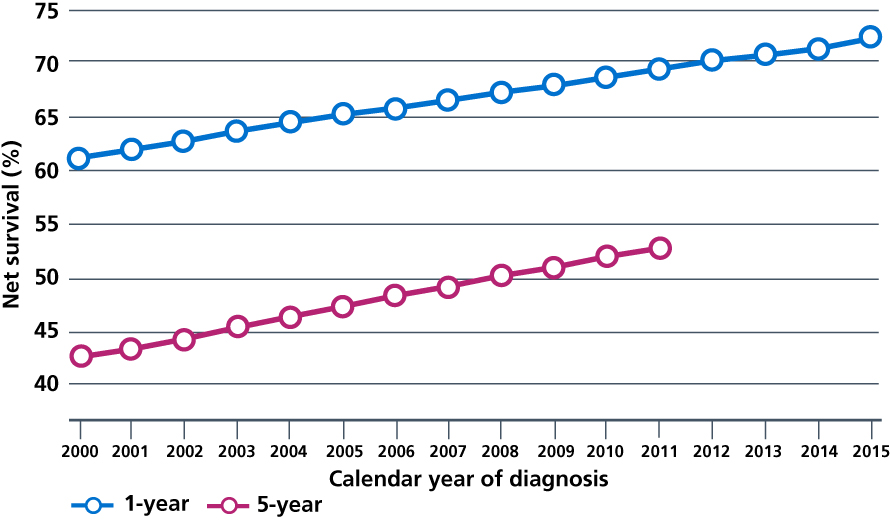something to that degree.
@Narz my point isn't that things are great. i very much don't think they are. you're correct in clocking that it's irrelevant that produce is cheap when people can't afford it. but as i noted before, to you, that very real problem is a problem of allocation. which should be changed, yes.... how we distribute those resources is the problem.
We outsource everything to mega-corporations and/or government (food production, fuel extraction, news, entertainment, education, almost everything) so it can be cheaper than doing it ourselves (growing food, teaching your own kids, creating tools is difficult) so we don't really have any power to tell them "Hey, distribute more equitably, you guys have too much control/profit".
We have no leverage/bargaining power.
One can make fun of communities like the Amish, they work way harder than they "have to" but they have more power over their own lives than all but the richest Americans (over their individual lives not so much but they give that up voluntarily to have a better society).
I wouldn't want to live in a religious community myself but the point is that "we could all have a cheap/easy life" is a hypothetical, it presupposes that corporations & governments prioritize the people over their own power which is not likely to happen.
Even if it could happen being able to grow cheap industrial food & have cheap industrial goods NOW doesn't make it sustainable. Not to mention the power imbalances is what makes the Walmarts & Amazons of the world possible. If every had access to the fruits of cheap labor no one would actually do the cheap labor.
For the future maybe we can replace Chinese iPhone workers all with robots but that also creates it's own problems.
Either way, too many elderly is the least of our worries.

